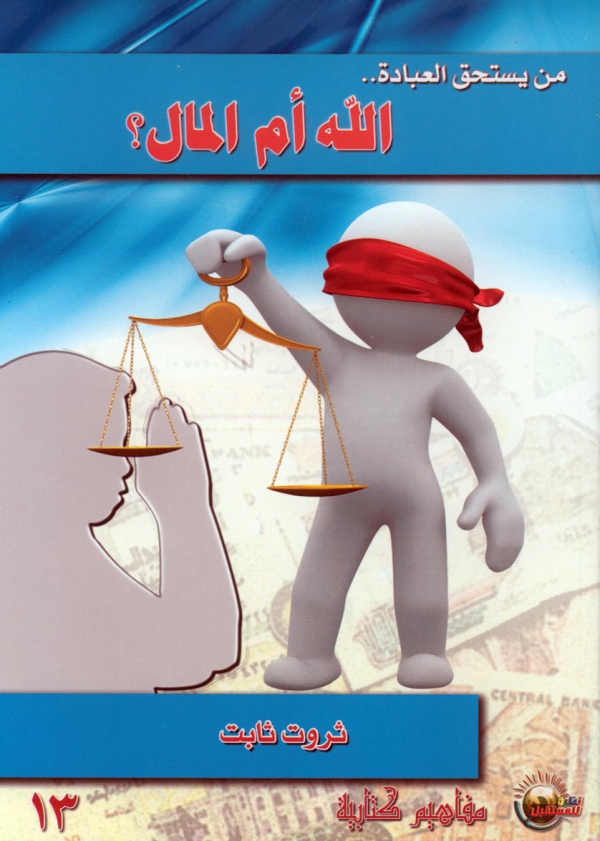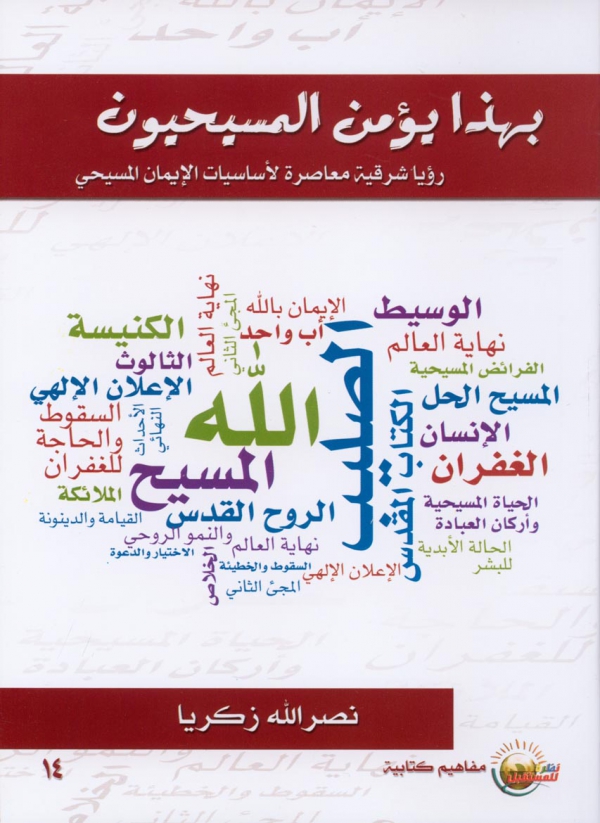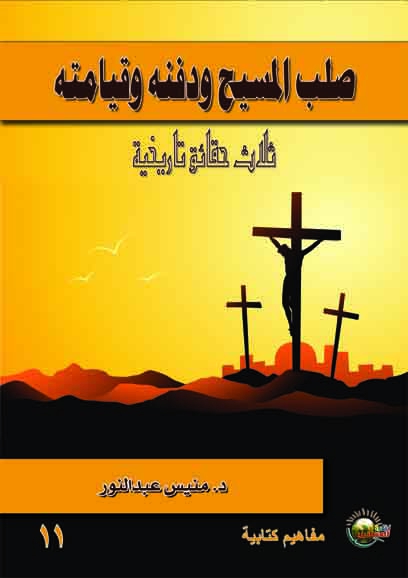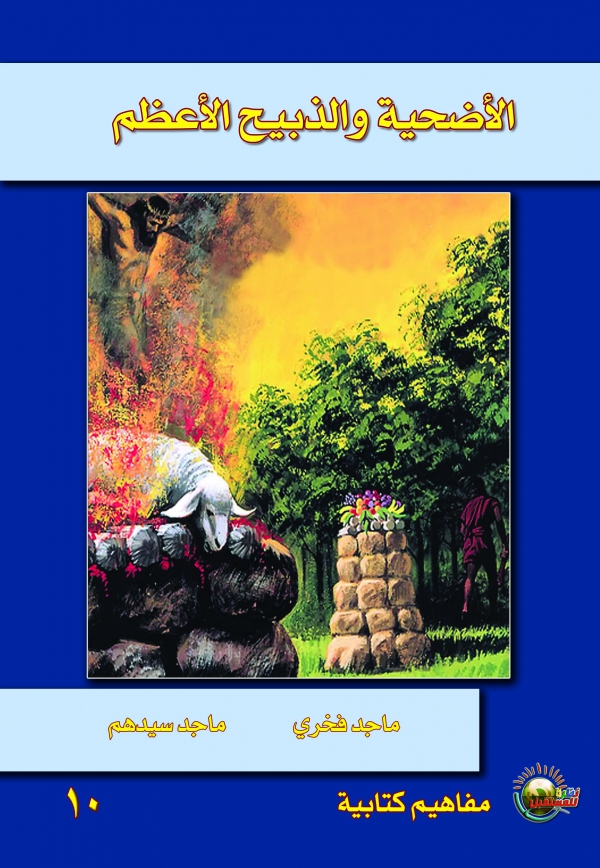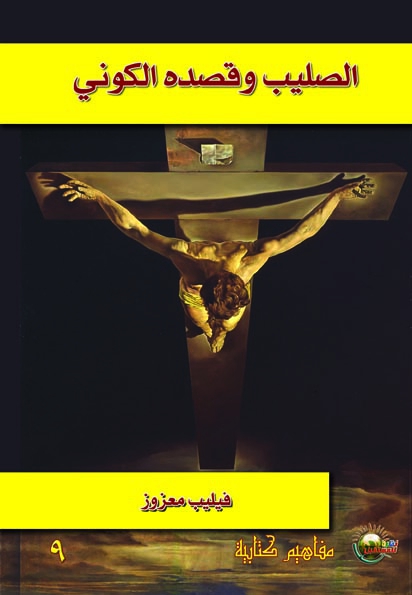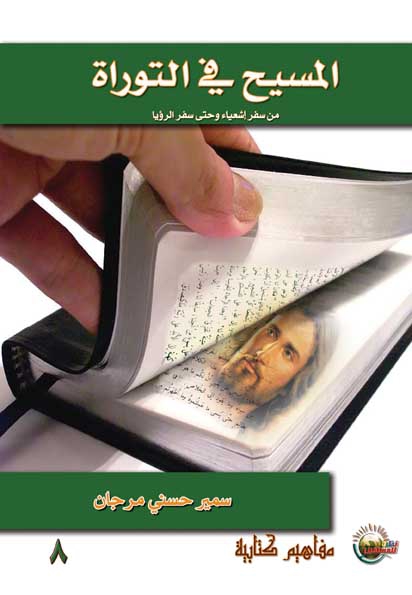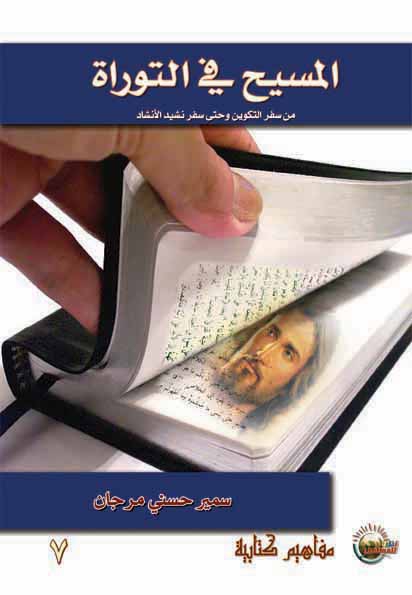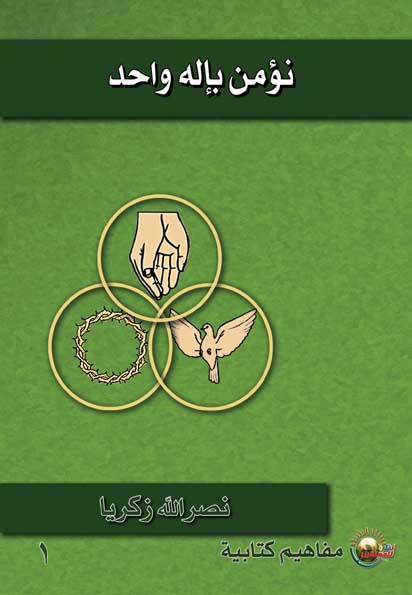Biblical Concepts
There is no doubt that we are all prone to stumbling in our spiritual life due to the wrong concepts of theology which we have formed in our minds. This series is designed to discuss key spiritual concepts in a way that reveals and clarifies biblical truths and is comprehensible to the contemporary Arabic mind.
Who Deserves Our Worship: God Or Money?
Author: Rev. Tharwat Thabet
Publisher: Vision For Future
In this medium-sized book of 170 pages, the author addresses the subject of God or Money. The book is divided into 2 parts, entitled: "Who is the second god and how to deal with him?" and, "Giving is the best use of money."PART ONE:
The first part of the book contains the following chapters:Chapter One:
Definitions, Concepts, and Causes. In order to even approach the theme of money, we must study its related terminology, illustrating the wrong concepts of money with the aim to correct them.
• What is wealth? What is richness?
• What is poverty? Who are the poor?
• What is money?• What is materialism? Who is materialistic?
• Common concepts about money
Chapter Two:
Money in the life and teachings of the Lord Jesus.
Chapter Three:
Money and labor in the thought of the early church. The main ideas he refers to in this chapter are:
• First: Did the early church face crises? If the answer is yes, how did they manage?
• Second: The correct view of labor and workers:
• Third: poverty, unemployment, and the position of the church today:
Chapter Four:
The risks of money among the poor and the rich. Here, the author answers a very important question: When would money be considered a threat to us whether we are rich or poor?
Chapter Five:
Money or Values? Faced with the dilemma of choosing between money and values, experienced by many men in today's world, the author gives a clear opinion.
Chapter Six:
God's principles in dealing with money. Here, the author says, "There are core divine principles that must be observed by each individual, and which must be taken into account by every family when dealing with money. We must each know one fact of utmost importance, that when we act according to God's principles with the money entrusted into our hands, we open the door for God to bless us even more, and to bless those who come after us, our children, and our grandchildren."
For this reason, we need to strengthen those ruling biblical principles which illuminate our minds and visions and control our consciences when we deal with money. Among these are:
1. Thanksgiving is a sacred duty and a lawful response to the Lord;
2. Honesty is necessary;
3. Wisdom is essential and saving is not a weakness of faith;
4. Prioritization is important;
5. Following a financial budget is a helpful discipline.
Chapter Seven:
What is the difference between greed and ambition?
Chapter Eight:
Biblical examples dealing with money.
PART TWO:
The second part of the book, which is titled, "Giving is the best use of money," addresses the following themes in its chapters:
Chapter One:
"The concept of giving in Christianity." Giving, from a Christian point of view, stems mainly from the sense and recognition of God's ample goodness, and from the awareness that man belongs totally to God. God has created us, and provided us with potentialities and abilities, gifts and talents. As a human being, I am a steward of God for all that comes into my hands, whether time, money, or health (the stewardship principle). From the time when God placed Adam in paradise, God also gave Adam authority and commanded him to work the garden. Adam was meant to manage and maintain it, and even this entailed a kind of giving, whether of time, effort, or thought.
Generally, giving is of great importance in life, but it is especially so in the Christian's life. The writer shows us the importance of giving in Christianity, through the points that follow:
1) Giving is a practical expression (not by words) of our recognition of God's goodness and the gifts that he makes available to us and renews in us every day.
2) Giving is a practical expression of our love for God and of our attention and of our sensitivity towards others.
3) Giving evidences our total self-dedication to the Lord Jesus Christ. It shows our actual priority. The one whom we give our first-fruits to is actually the first in our lives. When believers give to the kingdom of God, it reflects their dedication to the kingdom's principles and teachings. It also reflects the extent of our faithfulness.
4) Giving declares freedom from the authority of money and its control over our lives. It is a clear practical expression that we are getting out of a self-cocooned attitude. It evidences my liberation to move away from the power of "ego," and towards a selfless love for others.
5) One's power or authority to give evidences whether one is a master or a slave. Only a real Master controls his money, directing it the way he wants to, not the opposite.
6) Without giving time, effort, thought, or money, life stops in all its aspects and sides.
7) By giving, we take on the likeness of our Lord Jesus Christ, the greatest giver ever. We also fulfill God's purpose in creation and redemption.
8) An extravagant act of giving is a great deed that pleases the heart of the Lord, for "God loves a cheerful giver."
In Chapter Two the author considers how the action of giving relates to people's positions.
Chapter Three:
"How do I learn to give and to share?" In this chapter, the author provides a range of methods that will help us to learn to share and to give, including:
1) Experience of Grace
2) Training
3) Awareness and consciousness
4) Permanent sense of indebtedness to God
5) Christ blesses our simple offerings and uses them
6) The desire and willingness to make such an effort
Chapter Four:
Giving in the New Testament. The author answers the question: Should a New Testament believer be committed to giving tithes, as it was in the Old Testament? The basic principle of tithing and giving to God is the recognition that everything belongs to God. "The earth is the LORD's, and everything in it, the world, and all who live in it" (Psalm 24:1). Paying a tithe in the Old Testament was a way to honor and revere God. It was a practical recognition made in public, saying that God is the owner of everything.
Tithing in the New Testament is not an imposition. It is paid regularly, though with love, generosity, and joy of the heart. The New Testament does not require believers to pay tithes, however, it teaches them to give to the Lord's work, as they are able (1 Corinthians 16:2; 2 Corinthians 9: 6, 7). Although the New Testament does not specify paying a certain percentage, the believer considers himself a steward of what the Lord has entrusted to him (1 Corinthians 4:1-2; 2 Corinthians 8:1-15).
Chapter Five concludes this study, by providing biblical examples of givers, including Mary, who poured the bottle of perfume on the head of Jesus (Matthew 26:6-13), and Zacchaeus, as "a giver with no expectation of recompense" (Luke 19:1-10).
